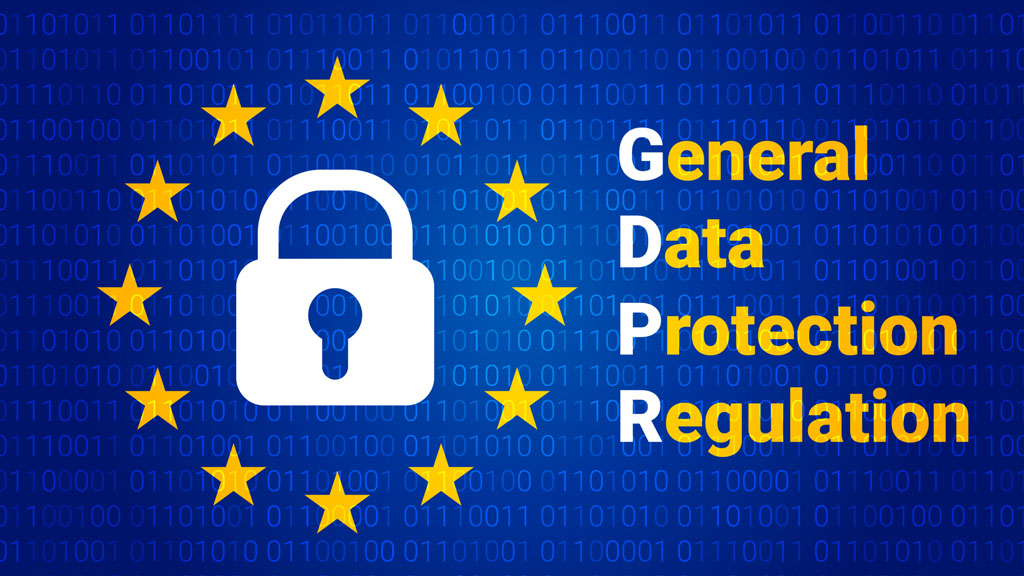What Is the General Data Protection Regulation (GDPR)?
The General Data Protection Regulation is a legal framework that sets guidelines for the collection and processing of personal information from individuals who live and outside of the European Union. Approved in 2016, The GDPR went into full effect two years later. Its aim is to give consumers control over their own personal data by holding companies responsible for the way they handle and treat this information. The regulation applies regardless of where websites are based, Which means it must be heeded by all sites that attract European visitors, Even if they donot specifically market goods or services to European Union residents.
What are the General Data Protection Regulation Fines?
General Data Protection Regulation fines are designed to make non-compliance a costly mistake for both large and small businesses. In this article we will talk about how much is the General Data Protection Regulation fine and General Data Protection Regulation fines are designed to make non-compliance around data security a costly mistake and they can be separated into two tiers. Less severe infringements can result in a fine of €10 million or 2% of a firm’s annual revenue from the preceding financial year, Depending on which amount is higher.
Special Considerations
As further protection for consumers, The General Data Protection Regulation also calls for any personally identifiable information that sites collect to be either rendered pseudonymized with the consumer’s identity replaced with a pseudonym. This allows firms to do more extensive data analysis, Such as assessing the average debt ratios of their customers in a particular region calculation that might otherwise be beyond the original purposes of data collected for assessing credit worthiness for a loan.
The regulation applies to all 27 members of the EU and the European Economic Area, Regardless of where websites and residents are based. As such, It must be heeded by all sites that attract European visitors, Even if they don’t specifically market goods or services to European Union residents. So the regulation applies to the data of an European Union citizen even if it is housed in the United States Similarly, a United States citizen who resides in the European Union is covered whenever they visit sites based in the union.
Criticism of the General Data Protection Regulation
The General Data Protection Regulation has attracted criticism in some quarters. Some say that the requirement to appoint DPOs, Or simply to assess the need for them imposes an undue administrative burden on certain companies. Some complain that the guidelines are too vague on how best to deal with employee data. In addition, Data cannot be transferred to another country outside the European Union. This has led to complaints about costly disruption to business practices.
There is a further concern that the costs associated with General Data Protection Regulation will increase over time, In part because of the escalating need to educate customers and employees alike about data protection threats and solutions. There is also skepticism over how feasibly data protection agencies across the European Union and beyond can align their enforcement and interpretation of the regulations, And so assure a level playing field as the General Data Protection Regulation goes into fuller effect.
History of the General Data Protection Regulation(GDPR)
The right to privacy is part of the 1950 European Convention on Human Rights, From this basis, the European Union has sought to ensure the protection of this right through legislation.
As technology progressed and the Internet was invented, the European Union recognized the need for modern protections. So in 1995 it passed the European Data Protection Directive, establishing minimum data privacy and security standards, upon which each member state based its own implementing law, But already the Internet was morphing into the data over it is today. In 1994, the first banner ad appeared online. In 2000, a majority of financial institutions offered online banking. In 2006, Facebook opened to the public. In 2011, Google users ued the company for scanning her emails.
Two months after that, Europe’s data protection authority declared the European Union needed work began to update the 1995 directive.The General Data Protection Regulation entered into force in 2016 after passing European Parliament, and as of May 25 2018, all organizations were required to be compliant.
Scope, penalties, and key definitions
First, if you process the personal data of European Union citizens or residents, Then the General Data Protection Regulation applies to you even if you are not in the European Union. We talk more about this in another article. Second, the fines for violating the General Data Protection Regulation are very high. There are two tiers of penalties, Which max out at €20 million or 4% of global revenue , Plus data subjects have the right to seek compensation for damages. We also talk more about General Data Protection Regulation fines.
